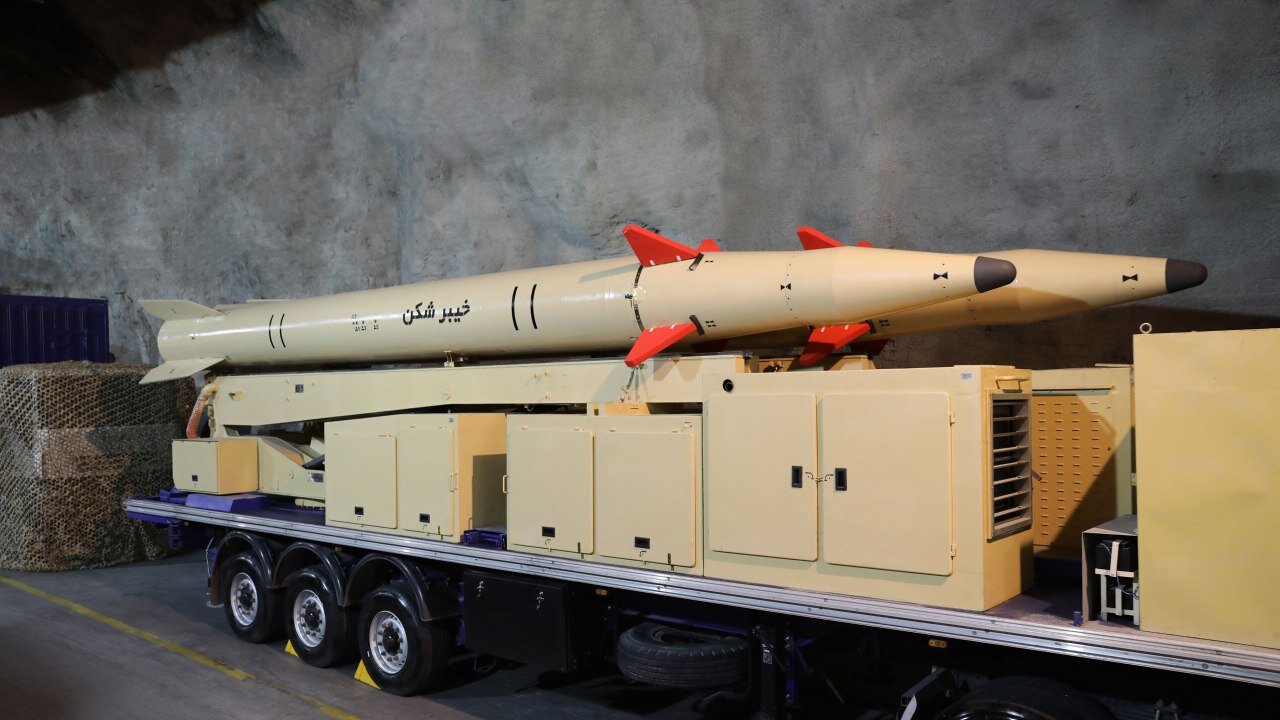‘We have surprises:’ IRGC warns enemies, as generals detail restraint in 12-day war

TEHRAN – Deputy Commander of the Islamic Revolution Guard Corps (IRGC) Brigadier General Ali Fadavi declared Tuesday that Iran maintains "surprises" for any renewed enemy aggression, emphasizing that adversaries have consistently failed to undermine the Islamic Republic despite decades of conspiracies.
In an interview with Yemen’s Al-Masirah TV, Fadavi asserted, "We are closely monitoring enemy movements, and any new reckless or adventurous act will be met with a surprising response."
He underscored divine assurance that "the front of truth and Islam will remain victorious," noting enemies remain incapable of obstructing Iran’s path.
Strategic restraint during war with Israel
Senior IRGC officials concurrently disclosed that Iran deployed only a fraction of its military capabilities during the U.S.-Israeli 12-day war on Iran.
While specifics were classified, Brigadier General Mohammad Reza Naqdi, responsible for coordination affairs in the IRGC, emphasized that "less than 5% of our units engaged" in the war—a testament to Iran’s vast, unutilized defensive reserves.
Echoing this, Naqdi’s deputy, Brigadier General Ali Fazli, revealed Iran employed "just 25% of its missile capabilities" during operations, adding cryptically: "We have yet to open many of our missile cities."
Fazli highlighted the game-changing impact of systems like the Sajil missile, which rendered enemy defenses "unpredictable."
As Armed Forces Chief of Staff Major General Abdolrahim Mousavi cautioned, Iran retains "serious doubts" about enemy compliance with the halt in fighting, warning that "devastating options remain untapped" should hostilities resume.
The foiled conspiracy
Expanding on the conflict’s backdrop, Major General Mohsen Rezaei, former IRGC chief during Ba’athist Iraq’s war on Iran during the 1980s, exposed a meticulously orchestrated 7-stage U.S.-Israeli plot designed to fragment Iran.
In a televised analysis, Rezaei detailed how the plan—"over a year in planning and rehearsed from Greece to the Mediterranean"—aimed first to assassinate the Leader of the Islamic Revolution and Supreme National Security Council (SNSC) figures, then trigger nationwide chaos, infiltrate counter-revolutionaries into Tehran, and ultimately Balkanize Iran.
"Their final goal," Rezaei stated, "was controlling skies from the Mediterranean to China’s borders."
Yet the scheme collapsed spectacularly: Israeli strikes on the site of the SNSC meeting caused "zero casualties" due to strategic relocation, while border incursions failed utterly.
Speaking with American journalist Tucker Carlson, President Masoud Pezeshkian confirmed that Tel Aviv had plotted to assassinate SNSC members and revealed he was present at the very meeting Israel struck, but the regime failed to achieve its objective.
Rezaei assessed that the enemy achieved "at most 10% of their first-stage objectives," with "65% military failure and 80% political-social defeat."
Crucially, Rezaei attributed Iran’s resilience to an "unprecedented public revolution" that saw citizens expose enemy safe houses, aid casualties, and bolster media outreach.
"This popular awakening," he stressed, "forced the enemy to seek a ceasefire once they grasped its scale."
Leave a Comment